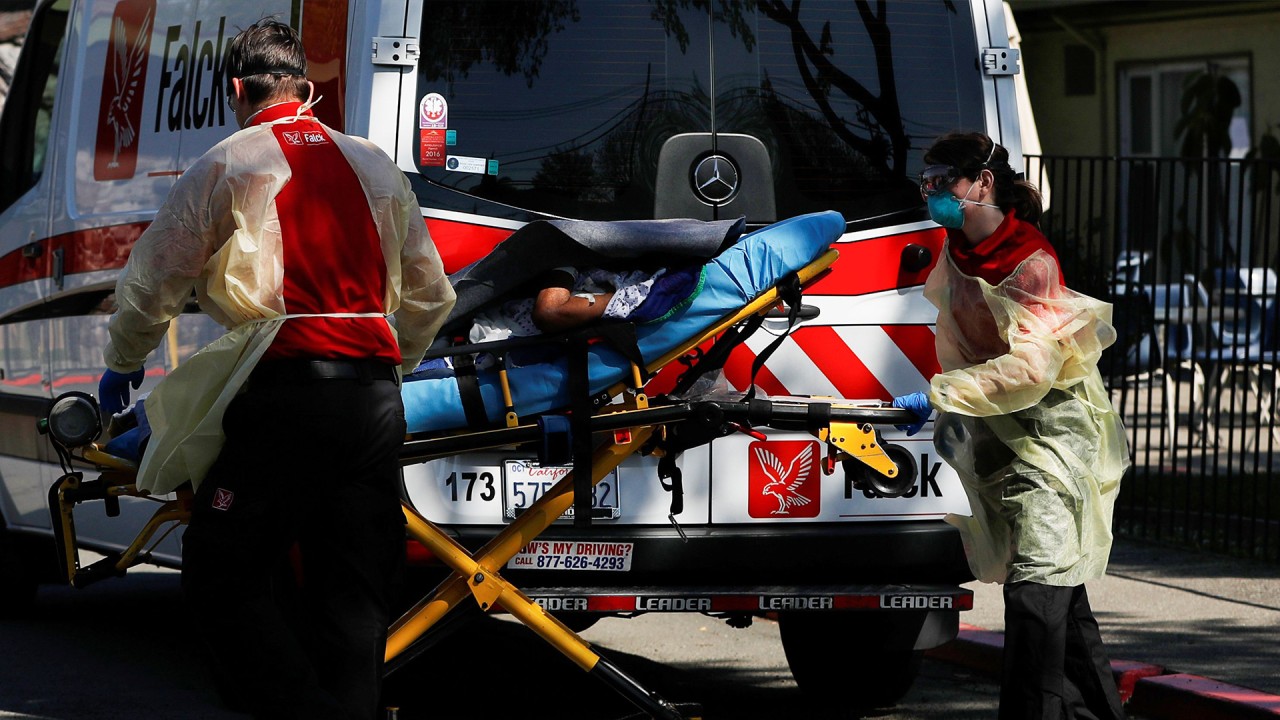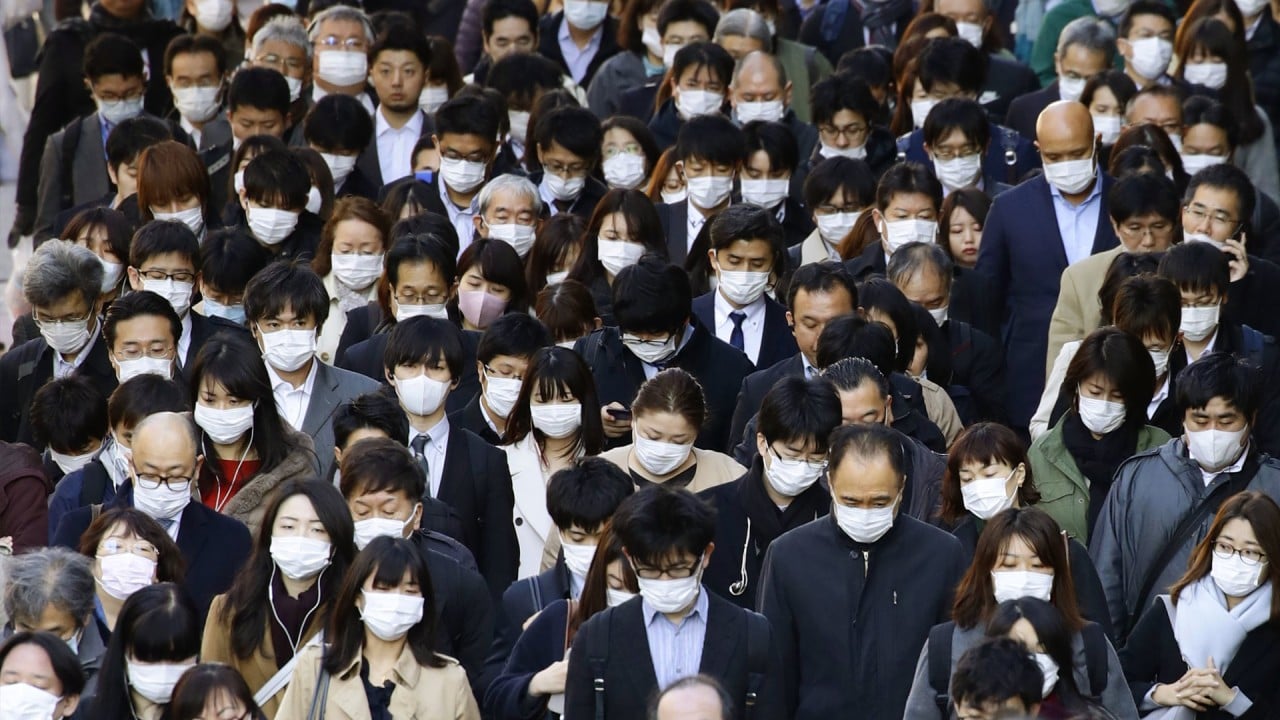
Severe flu alert as coronavirus weakens medical systems
- American respiratory expert warns of a tougher influenza season ahead as the pandemic stretches resources
- Hong Kong cut flu transmission by 44 per cent last winter in part through social distancing and changes in public behaviour, researchers find
In an editorial published in Science magazine on the weekend, Benjamin Singer, a pulmonologist from Northwestern University in the United States, said that as medical resources were stretched thin by the pandemic, the coming flu season could increase in severity.
He said four factors had to be addressed to prevent a severe influenza season, including social distancing measures, which reduced transmission of both the flu and the coronavirus.
More people also needed to be vaccinated against the flu and the risk reduced of patients with one pathogen being infected with the other, he wrote.
Another challenge was the differences in health outcomes for marginalised or minority communities, who were “over-represented among Covid-19 cases and deaths”.
“Humans have suffered from influenza for millennia, and we can expect that the new reality of Covid-19 will only complicate the next influenza season,” he said.

02:21
US passes 100,000 coronavirus deaths as states gradually reopen for business
In Hong Kong, social distancing and hygiene measures against the new coronavirus have proven effective against influenza, shortening the 2019-2020 flu season, according to data from the University of Hong Kong.
“Working at home, closing schools, cancelling mass public gatherings and wearing masks, all those kinds of measures – we were expecting them to have an effect on flu. And they really did,” Cowling told the South China Morning Post.
Schools were also closed for the 2009 flu pandemic and 2017-18 influenza B season in Hong Kong. This helped to reduce 10 to 16 per cent influenza transmission. The 44 per cent reduction in transmission in 2020 far exceeded expectations, according to Cowling.
“Most likely we won’t see much flu in 2020, because a lot of parts of the world will be trying hard to stop Covid-19, and the knock-on effect of that would be definitely stopping the flu, and hopefully stopping Covid-19 as well,” Cowling said.

02:41
Coronavirus: What is social distancing?
The preventive measures taken in Hong Kong against Covid-19 also resulted in big reductions in other respiratory pathogens such as adenovirus, respiratory syncytial virus and rhinovirus or enterovirus, according to Ho Pak-leung, an associate professor in microbiology at HKU.
As of Monday, Hong Kong had 1,088 cases and four deaths from Covid-19 among its population of around 7.5 million people. New York, which has roughly 8.4 million people, has more than 375,000 confirmed coronavirus cases and almost 30,000 deaths.

